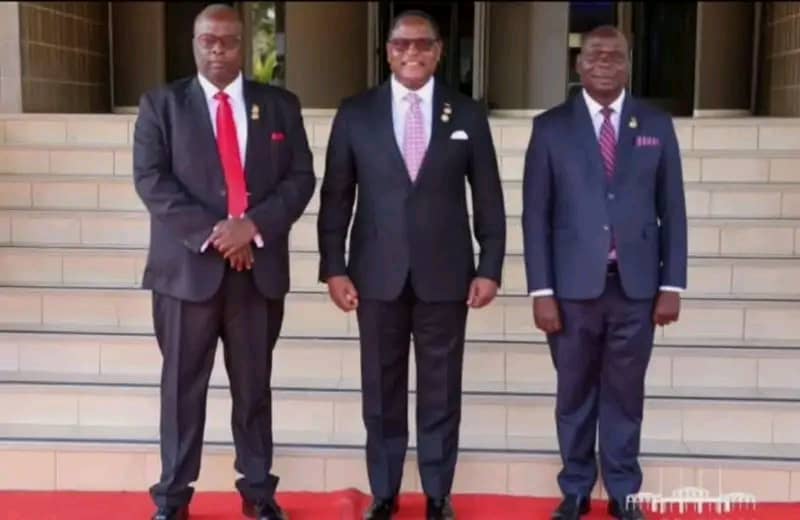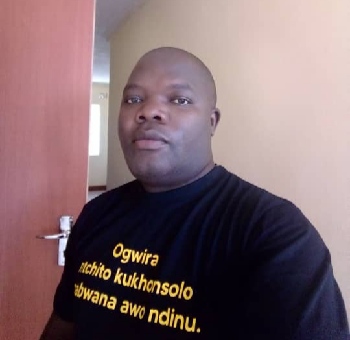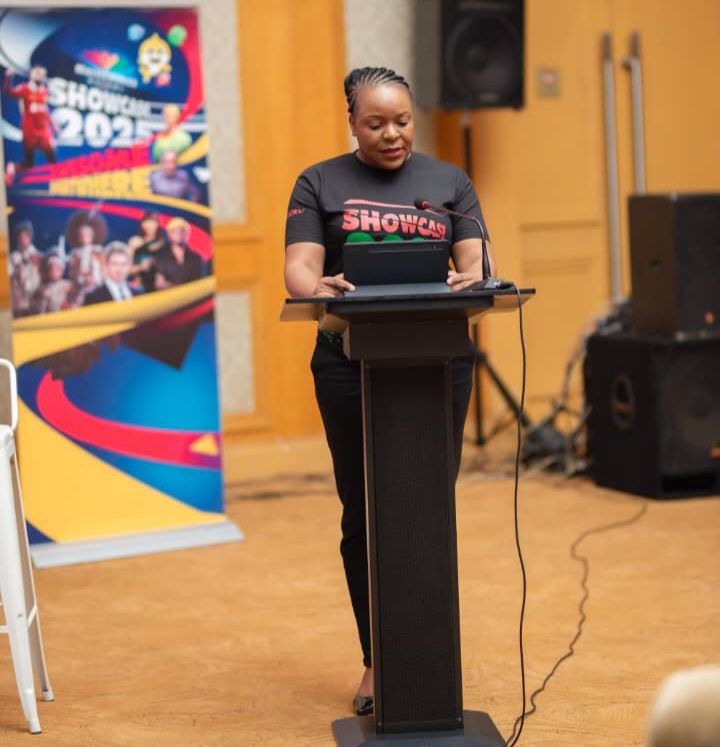By Burnett Munthali
An emerging pattern of ethnic concentration in Malawi’s top leadership is attracting growing attention and sparking conversations about inclusivity and national balance in governance. A list circulating on various platforms highlights that a significant number of individuals occupying senior positions in government and strategic institutions hail from the Chewa ethnic group, predominantly based in the Central Region.
Among the key figures mentioned is Dr McDonald Mafuta Mwale, Governor of the Reserve Bank of Malawi, who comes from Ntchisi, a district in the Central Region, and is Chewa by ethnicity.
President Dr Lazarus McCarthy Chakwera, the Head of State and leader of the Malawi Congress Party (MCP), also comes from Lilongwe, the heartland of the Chewa community.
The Minister of Finance, Simplex Chithyola Banda, is another top official from Kasungu, a district firmly within the Chewa cultural belt.
Similarly, the Minister of Agriculture, Sam Kawale, originates from Dowa, further reinforcing the dominance of this ethnic cluster in Malawi’s policy-making circles.
Other names cited include George Kasakula, Director General of the Malawi Broadcasting Corporation (MBC), who hails from Kasungu, and Richard Chimwendo Banda, the Minister of Local Government, from Dowa.
The list continues with General Paul Valentino Phiri, Commander of the Malawi Defence Force, who comes from Lilongwe, and the Inspector General of Police, reported to be from Mchinji, both districts in the Central Region.
In the electoral governance sphere, the CEO of the Malawi Electoral Commission (MEC) is from Lilongwe, while the Commission’s Chairperson, Justice Annabel Mtalimanja, hails from Dedza—again pointing to Chewa origins.
Other strategic figures include Henry Kachaje, CEO of the Malawi Energy Regulatory Authority (MERA), who is from Lilongwe, and the Chief of Staff at State House, also from Lilongwe.
The Cabinet further features Moses Kunkuyu, Minister of Information from Dedza; Madalitso Kambauwa Wirima, Minister of Education from Dowa; Jean Sendeza, Minister of Gender from Lilongwe; Khumbize Kandodo Chiponda, Minister of Health from Kasungu; and Sam Dalitso Gumba, Minister of Lands from Dowa.
Institutional heads from the list include the CEO of the National Economic Empowerment Fund (NEEF), Humphrey Mdyetseni, from Lilongwe; the ADMARC CEO, also from Lilongwe; and the Secretary to the President and Cabinet (SPC), Colleen Zamba, who hails from Dowa.
This visible concentration of Chewa representation in high-ranking government and institutional roles has sparked debate on whether Malawi’s governance structure adequately reflects ethnic and regional diversity.
Critics argue that while appointments should prioritize merit and competence, equitable representation is essential to strengthen national unity and prevent perceptions of favoritism or marginalization of other groups.
Supporters of the current administration contend that appointments are based on qualifications rather than ethnicity and that individuals listed happen to come from the Central Region coincidentally.
However, observers caution that in a country with a history of ethnic and regional tensions, perceived dominance of one group in governance could have political and social implications, especially as Malawi approaches the 2025 general elections.
As discussions intensify, questions remain: How can Malawi ensure a leadership structure that reflects the country’s multi-ethnic composition while maintaining standards of meritocracy? The answer to this question could shape the political discourse in the months ahead.




